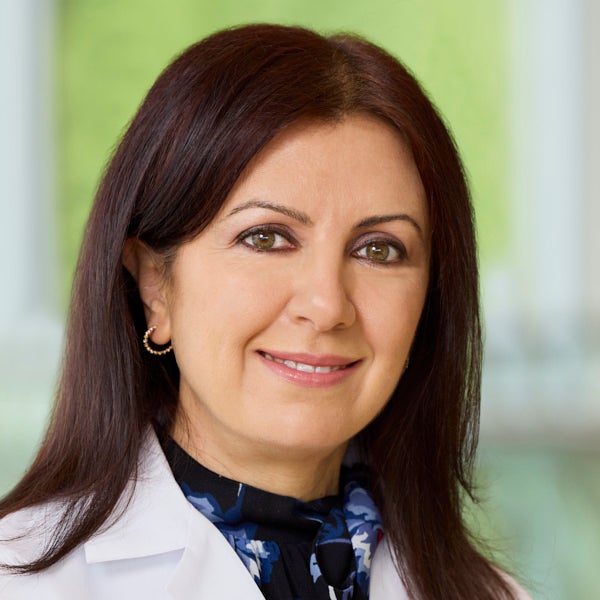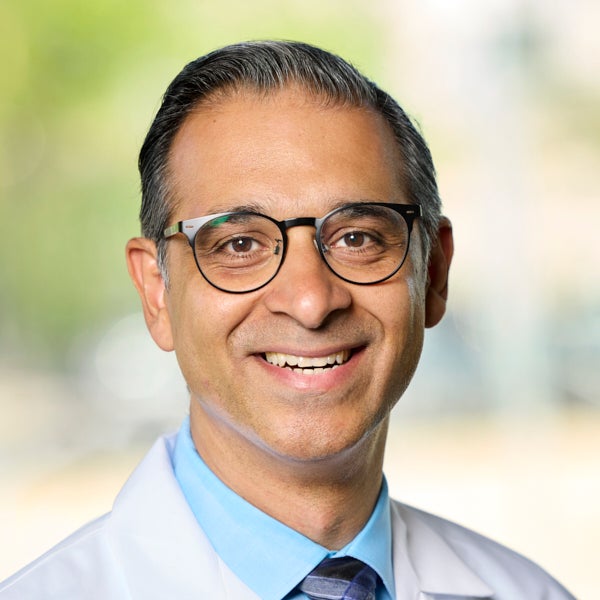Boston Medical Center – Brighton
Internal Medicine Residency: BMC South Track
Welcome to Internal Medicine at BMC South!
Welcome to the Boston Medical Center – South (BMC South) Internal Medicine Residency, a distinct training track within the Boston Medical Center – Brighton (BMC Brighton) Internal Medicine Residency Program.
Our residents engage in foundational inpatient training across multiple clinical sites centered at BMC South, a community hospital in Brockton, MA, as well as a comprehensive educational curriculum.
Graduates of the program have gone on to pursue diverse and rewarding career opportunities both within Boston and across the country.


Program Highlights
The BMC South Track of BMC Brighton’s Internal Medicine Residency offers comprehensive clinical training across inpatient, ambulatory, and elective experiences. Our program:
- Is ACGME-accredited
- Hosts 24 Categorical residents across three years (8 positions offered per year)
- Features a “4+2” Clinic Model (continuity clinic every fifth week)
- Supports a diverse patient population: Brockton and the surrounding region are home to a multicultural community that offers residents rich clinical exposure to varied disease presentations and health disparities.
- Is accessibly located: Just 25 miles south of Boston, residents enjoy easy access to the city’s academic resources while training in a more affordable and community-oriented environment.
- Has a strong focus on community outreach
- Is Visa-friendly (J-1 supported)
In conjunction with the Department of Medicine at BMC Brighton, BMC South is proud to offer ACGME-accredited (Accreditation ID: 1402421173) training in the Categorical track (NRMP code: 1266140C2).
The internship year is structured similarly for both Categorical and Preliminary tracks; the primary difference is that categorical interns (at both BMC Brighton and BMC South) participate in a scheduled outpatient continuity clinic, while preliminary interns (at BMC Brighton) do not.
Training follows a 4+2 block model designed to support continuity of care and focused learning. Residents alternate between ambulatory blocks and four-week inpatient or elective rotations, a structure that continues throughout all three years of training.
This model allows residents to fully engage in both inpatient and outpatient experiences while minimizing conflicts between clinical responsibilities and educational priorities.
Program Details
Program Leadership
BMC Brighton’s Internal Medicine Residency, including the BMC South Track, is led by experienced clinicians and educators who are deeply invested in resident mentorship, education, and professional growth.
Resident Experience
BMC South prides itself on providing an inclusive, welcoming environment in which residents and faculty support each other. Resident-led committees shape trainees’ education, wellness initiatives, and community engagement.
Graduates of the relatively new BMC South Track of BMC Brighton’s Internal Medicine Residency have matched to outstanding fellowships and practice settings.
How to Apply
The BMC Brighton Department of Medicine’s Internal Medicine Residency Training Program: BMC South Track participates in the Electronic Residency Application System (ERAS), developed by the Association of American Medical Colleges.
Please be sure to select the correct location and track. NRMP program code:
- BMC South (Categorical): 1266140C2
All applications are due by December 1 through ERAS.
For a complete application to be reviewed, we require the following documents:
- Common application form
- Curriculum vitae
- ECFMG status report
- Medical school transcript
- Dean’s letter/Medical School Performance Evaluation (MSPE)
- USMLE or COMLEX transcripts
- Personal statement
- Four letters of recommendation
Frequently Asked Questions
Contact Us
For training program information, please reach out to:
Diane Erraihani, Program Coordinator
BMC Brighton Internal Medicine Residency Program (BMC South Track)
Boston Medical Center – South
235 North Pearl St.
Brockton, MA 02401
Please note all correspondence is via email.
